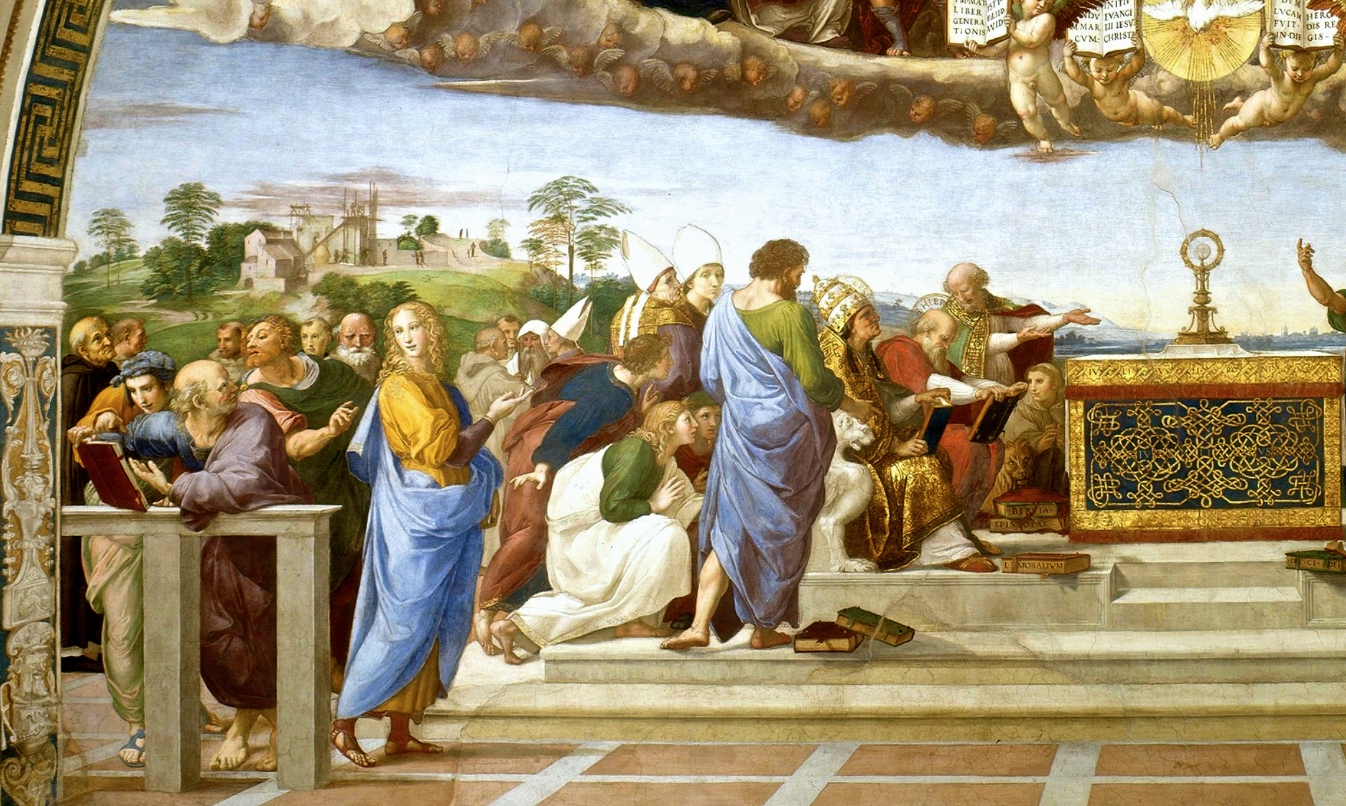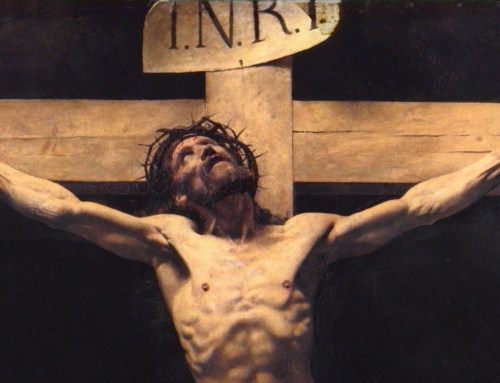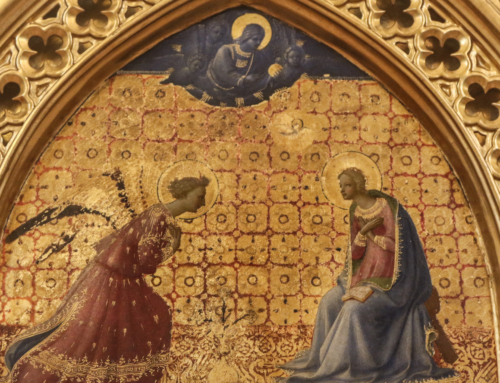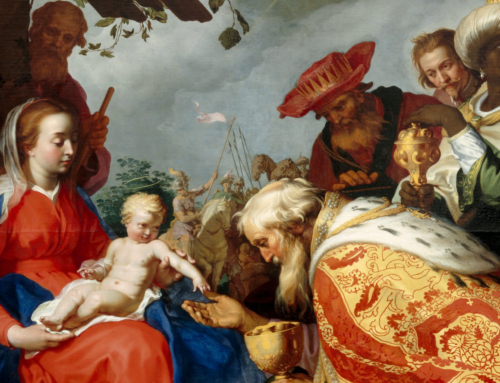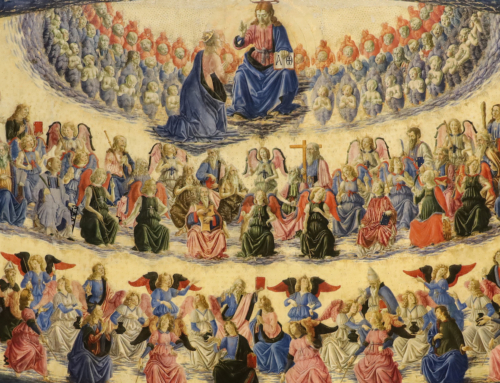I recently met a young person who told me, “You’re the first person I’ve met who is my age and actually believes in God.” With the growing number of “nones”—those who identify as having no religious beliefs—many Christians worry that faith is becoming an antiquity, an heirloom of a fading age. There’s a spirit of secularism hanging over our society. In the midst of the religious crisis in our society, what kind of hope can we have for the “future” of faith?
In the Gospel passage from today’s Mass, Jesus encounters a similar secular—or at least faithless—spirit. It’s the passage of “woes,” where Our Lord reproaches the towns who witnessed his mighty deeds but nevertheless did not repent and believe in the Gospel.
Woe to you, Chorazin! Woe to you, Bethsaida! For if the mighty deeds done in your midst had been done in Tyre and Sidon, they would long ago have repented in sackcloth and ashes (Mt 11:21).
But in the verses that immediately follow this “woeful” passage (verses which we’ll hear at tomorrow’s Mass), Jesus does something strange: He moves from reproach directly into praise.
I give praise to you, Father, Lord of heaven and earth, for although you have hidden these things from the wise and the learned you have revealed them to the childlike (Mt 11:25).
Paradoxically, in the face of a faithless people, Jesus praises his Father for his revelatory power, and “these things” that the Father reveals refer to nothing less than the truth of Jesus’ divine identity. Despite the seeming failure of his preaching, Christ turns from those who do not believe to honor the source of all belief: his heavenly Father. In the midst of what could seem to be a religious crisis, Jesus does not lose his trust in God, and the next lines tell us why:
No one knows the Son except the Father, and no one knows the Father except the Son and anyone to whom the Son wishes to reveal him (Mt 11:27).
Jesus has cause for hopeful praise because he knows that faith does not come from human effort, but from divine generosity: “No one knows the Father” except those to whom God gives the revelatory gift of faith. In fact, if it weren’t for God’s loving gift of faith, we would all be the equivalent of “nones.” Jesus praises his Father because he knows that God has the power to effectively reveal himself, no matter how woeful the circumstances.
The all-powerful God, the source of all faith, constantly seeks to make himself known. This truth invites us to hope, and to declare our hope in praise.
✠
Image: Raphael, Disputation of the Holy Sacrament (detail)

